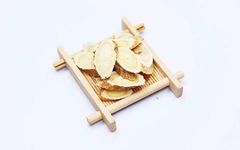
Throughout history, many physicians have emphasized the regulation of Qi and blood when using traditional Chinese medicine (TCM).
In terms of Qi tonification, while ginseng is relatively expensive, Huang Qi (Astragalus) is undoubtedly a more accessible Qi-boosting herb.
The effects of Huang Qi in tonifying Qi differ from those of ginseng; ginseng primarily focuses on replenishing Yuan Qi, while Huang Qi emphasizes uplifting Yang and tonifying Qi, earning it the title of “the champion of Qi tonification.”
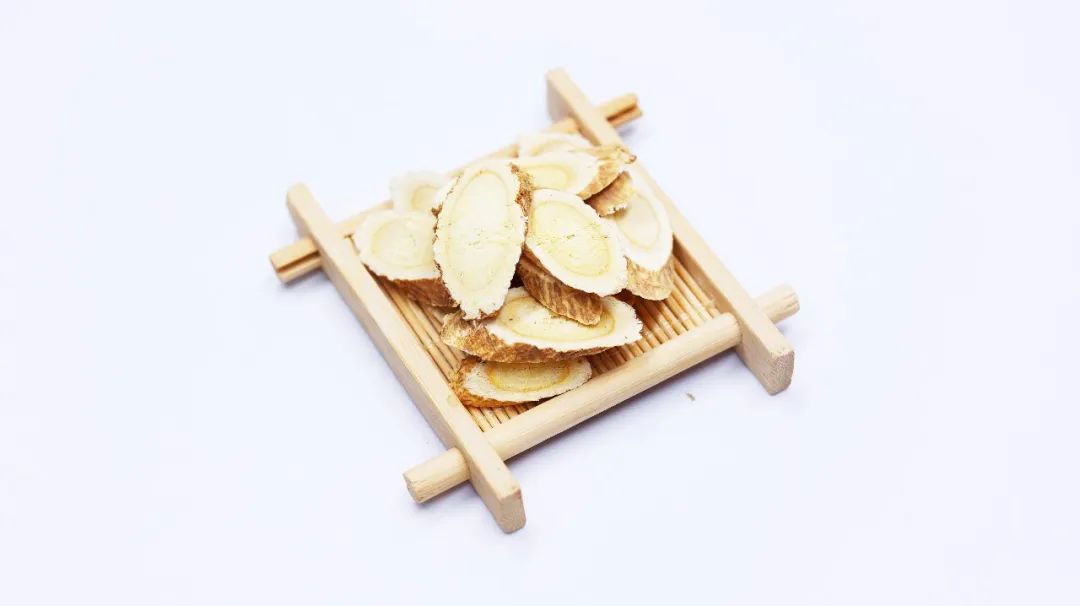
Regarding the properties and applications of Huang Qi, the famous physician from the Ming Dynasty, Gong Tingxian, wrote in his work “Yao Xing Ge Guo” that “Huang Qi is warm in nature, it restrains sweating and stabilizes the exterior, promotes tissue regeneration, and is essential for those with Qi deficiency.” This means that Huang Qi is sweet in flavor and warm in nature, entering the Lung (Fei) and Spleen (Pi) meridians, and has at least three major functions:1. Restraining Sweating and Stabilizing the ExteriorGenerally, physiological sweating occurs due to factors such as heat, mental state, taste, and exercise. However, if sweating occurs without these factors, it is considered pathological sweating.TCM believes that weak Wei Qi leads to an unstable exterior, resulting in excessive sweating. Huang Qi can tonify Lung Qi and stabilize Wei Qi, effectively addressing spontaneous sweating caused by exterior deficiency, and can also be used for night sweats due to Yin deficiency.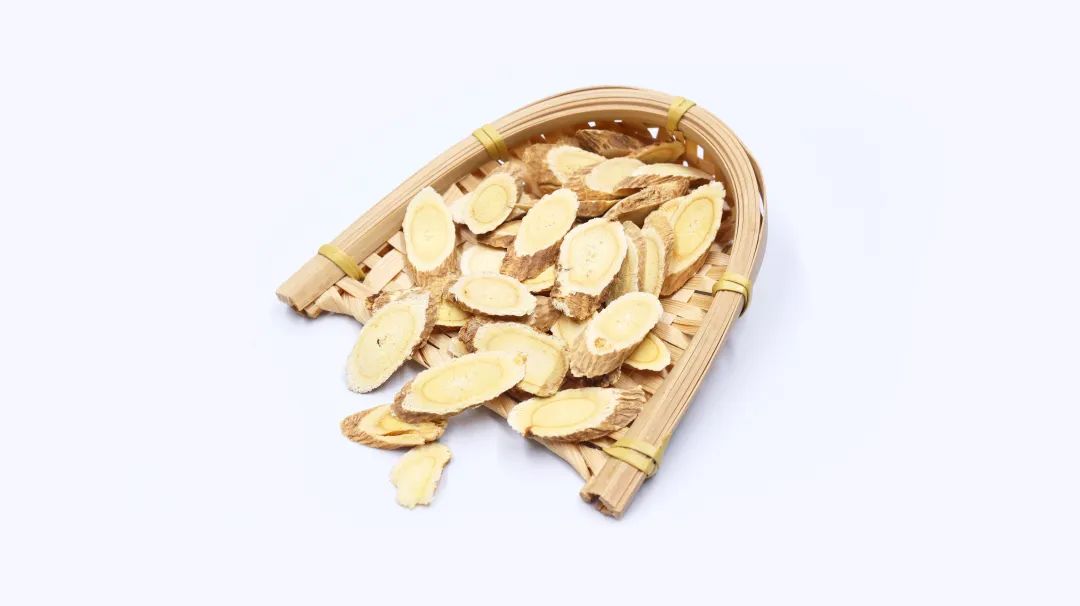 2. Promoting Tissue RegenerationUlcers and abscesses can easily deplete Qi and blood, especially after expelling toxins and pus, or in cases of chronic non-healing ulcers. This can lead to Qi and blood deficiency, and Huang Qi can help replenish Qi and blood.For example, Huang Qi is a key ingredient in famous formulas like Nei Tuo Sheng Ji Tang and Nei Bu Shi Xuan San, which promote tissue regeneration.3. Uplifting Yang and Tonifying QiWhen discussing Qi tonification and Yang uplifting, the renowned physician Li Dongyuan from the Jin-Yuan period is a representative figure, particularly emphasizing the role of Huang Qi in formulas like Bu Zhong Yi Qi Tang and Sheng Yang Yi Wei Tang.Conditions such as gastric prolapse, rectal prolapse, and uterine prolapse caused by Qi sinking can be treated with Huang Qi as the main herb, combined with other TCM herbs for regulation.Huang Qi has strong tonifying abilities, benefiting Qi and blood, stabilizing blood, promoting circulation, and generating fluids. It can be used for conditions related to Qi deficiency and blood loss, as well as Qi deficiency and blood stasis. Huang Qi can also be added to treat diabetes caused by both Qi and fluid deficiency.
2. Promoting Tissue RegenerationUlcers and abscesses can easily deplete Qi and blood, especially after expelling toxins and pus, or in cases of chronic non-healing ulcers. This can lead to Qi and blood deficiency, and Huang Qi can help replenish Qi and blood.For example, Huang Qi is a key ingredient in famous formulas like Nei Tuo Sheng Ji Tang and Nei Bu Shi Xuan San, which promote tissue regeneration.3. Uplifting Yang and Tonifying QiWhen discussing Qi tonification and Yang uplifting, the renowned physician Li Dongyuan from the Jin-Yuan period is a representative figure, particularly emphasizing the role of Huang Qi in formulas like Bu Zhong Yi Qi Tang and Sheng Yang Yi Wei Tang.Conditions such as gastric prolapse, rectal prolapse, and uterine prolapse caused by Qi sinking can be treated with Huang Qi as the main herb, combined with other TCM herbs for regulation.Huang Qi has strong tonifying abilities, benefiting Qi and blood, stabilizing blood, promoting circulation, and generating fluids. It can be used for conditions related to Qi deficiency and blood loss, as well as Qi deficiency and blood stasis. Huang Qi can also be added to treat diabetes caused by both Qi and fluid deficiency.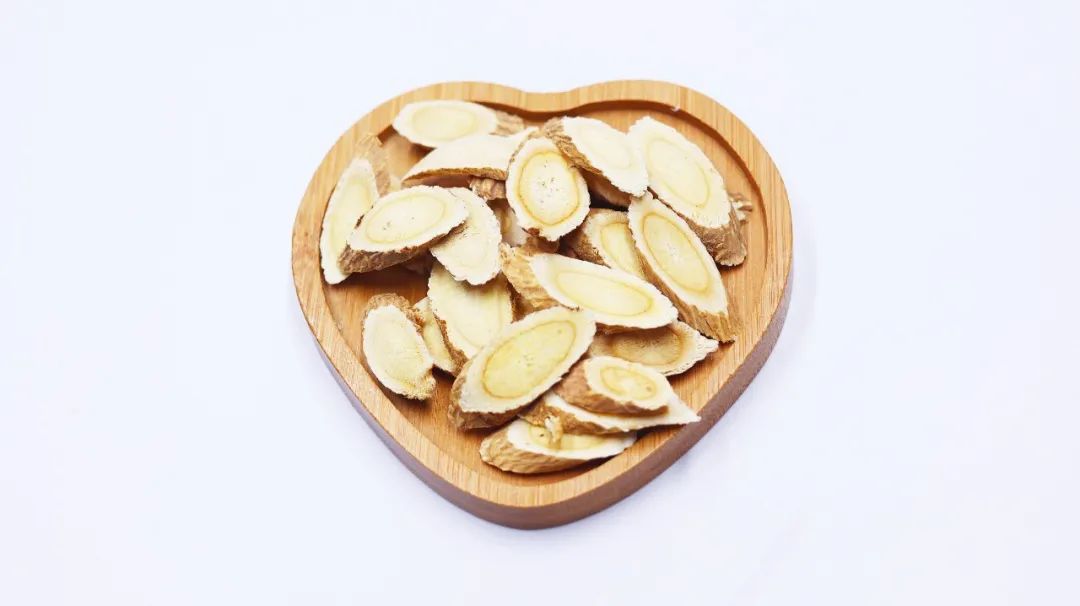 Huang Qi is also subject to specific preparation methods; there are notable differences between raw and roasted forms.For instance, raw Huang Qi is primarily used for stabilizing the exterior, stopping sweating, promoting tissue regeneration, and diuresis, while roasted Huang Qi is used for tonifying the middle, uplifting Yang, and benefiting the stomach.Raw Huang Qi is generally preferred for external applications, while roasted Huang Qi, often prepared with honey, is used for internal applications.Although Huang Qi is praised as “the champion of Qi tonification,” it is not suitable for everyone. For instance, it should not be used when there is an unresolved exterior pathogen or internal stagnation.Additionally, individuals with Qi stagnation, excess Yang, Yin deficiency, heat above and cold below, or those prone to anger should avoid Huang Qi.
Huang Qi is also subject to specific preparation methods; there are notable differences between raw and roasted forms.For instance, raw Huang Qi is primarily used for stabilizing the exterior, stopping sweating, promoting tissue regeneration, and diuresis, while roasted Huang Qi is used for tonifying the middle, uplifting Yang, and benefiting the stomach.Raw Huang Qi is generally preferred for external applications, while roasted Huang Qi, often prepared with honey, is used for internal applications.Although Huang Qi is praised as “the champion of Qi tonification,” it is not suitable for everyone. For instance, it should not be used when there is an unresolved exterior pathogen or internal stagnation.Additionally, individuals with Qi stagnation, excess Yang, Yin deficiency, heat above and cold below, or those prone to anger should avoid Huang Qi.
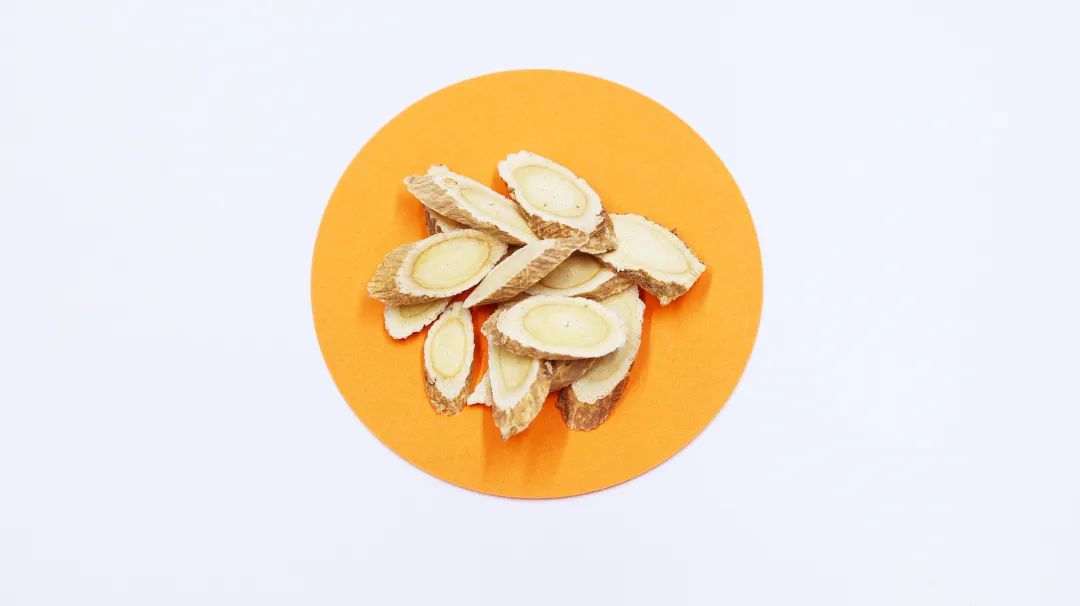
Furthermore, Huang Qi should not be used when abscesses are in the early stages or when heat toxins are still very active.Therefore, even the best TCM herbs must be used according to the symptoms to exert their beneficial effects. The ancient saying, “Use the right herb for the right condition,” holds significant truth.Regarding the dosage of Huang Qi, it depends on the condition and the practitioner’s expertise.The famous physician Zhang Zhongjing often used Huang Qi in doses of two to five taels, while the renowned Qing Dynasty physician Wang Qingren used it in doses of four to eight taels.Li Dongyuan, an expert in Spleen and Stomach, used Huang Qi in doses ranging from one qian to two taels.The key factor is the practitioner’s judgment of the disease and their habitual dosage practices.
“Follow us for growth together
Click the bottom rightto view, and click the top right【…】to share
That is the best support for us
Related Statement
1. Health information is for reference only; seek medical attention for discomfort and avoid blind self-medication.
2. This platform encourages freedom of speech; selected comments do not represent the platform’s stance.
3. All images and texts are original or authorized works; please do not use without permission.


